Today, author Thomas J. Arnold to talk about Magic! What are some of the important elements and inspirations consider when creating a consistent and engaging magic system for your world? Read on to gain insight into his thoughts on that question.
Magic has a place in nearly every universe, whether it be the world changing sorceries of high fantasy, the unexplainable technologies and psychic powers often seen in science fiction, or the more relatable rituals and beliefs of our own world’s spiritual, mystical, and religious communities. There have been countless variations on these systems throughout the stories and myths which we are compelled to create as human beings, most of which borrow in some way from previous systems be they fictional or real world.
When crafting a fantasy world, just what sort of magic system will or will not exist is perhaps one of the most important considerations since it sets a the limits of what lies at the outer edge of possible. The most obvious first question is how much you will draw upon what has come before, a thing that it is almost impossible not to do at this point, even if entirely by accident. The borrowing of preexisting elements is in no way a bad thing, and in fact can give you a good deal of guidance as you move forward in creating fiction within the world you’ve built, not to mention the benefits it has in bringing your vision to life for your reader.
Before I give in to my usual habit of rambling on, a flaw I’m especially prone to when discussing as nebulous a topic as magic systems, I’ll set limits for myself so as not to write a meandering book on the topic. Since I set out to discuss the crafting of your own magic system for your own universe which is in itself an only slightly less nebulous topic, I will further limit myself to discussing the magic system which I use in my own primary universe. For this though I feel the need to first quickly touch on the two real world categories which have most inspired my system.
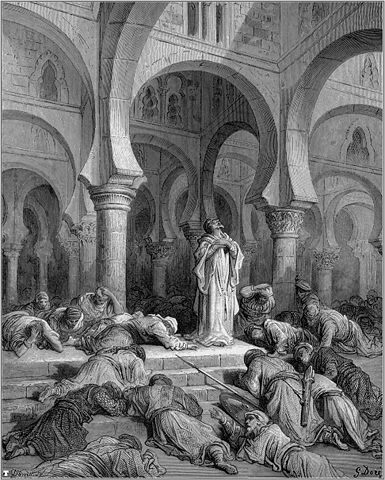
First we have invocations. At their simplest they can be seen as a calling on of external supernatural forces for aid such as protection, favors, inspiration, encouragement, or empowerment. The most prevalent form of invocation in our world is in the form of prayer, a practice that is common in one form or another among most religions both Eastern and Western.
Another form of invocation which is still easily recognizable though less commonly used, comes in the form of channeling spirits into oneself or another. This can be done through a medium, a ritual such as a seance, or most commonly some combination of these two. Such channeling is typically done to communicate with one or more spirits, but some may perform such a tradition as a means by which to take on some of the spirit’s qualities.
The second category is a bit harder to define with a single term, but for simplicity I’ll use the term mystery schools. While some of the modern groups who have adopted the term for themselves are of questionable intent and authenticity, the term is still useful for my purposes. The concept of the mystery school exists in the history of many cultures, stemming largely from traditions of verbal teaching between a mentor and student or small group of students. The general exclusivity of these lessons undoubtedly made it all seem highly clandestine to outsiders, a perception that was likely behind the assumption that these groups performed strange occult rituals and what not. While some of these schools surely did perform rituals of a sort these could have just as likely been along the lines of initiation or teaching exercises. Ultimately their inclusive nature and adherence to verbal teaching led to the loss of just what the truth of most of these rituals were, and in most cases only the superstitions of outsiders inform us at all now.
The ‘mystery’ referred to in the term for these schools does not actually allude to this secrecy however. Instead it is a reference to their broad field of study – the mysteries of existence. Today, and even back then, the common assumption is that they delved into occult mysteries of existence. While that may have been the case it is just as likely that many of these schools were more involved in philosophical pursuits and observational study of the natural world, focusing more on fields such as herbalism and astronomy than on mystical pursuits. Their lack of access to more developed theories and processes at times led to improper conclusions, it could still be said that their work at pondering such concepts laid the very early foundation to the development of our own theories and processes. It may well have been the case that if the adherents of these schools had instead been born into our modern world, then they would have most likely have sought careers in the sciences.
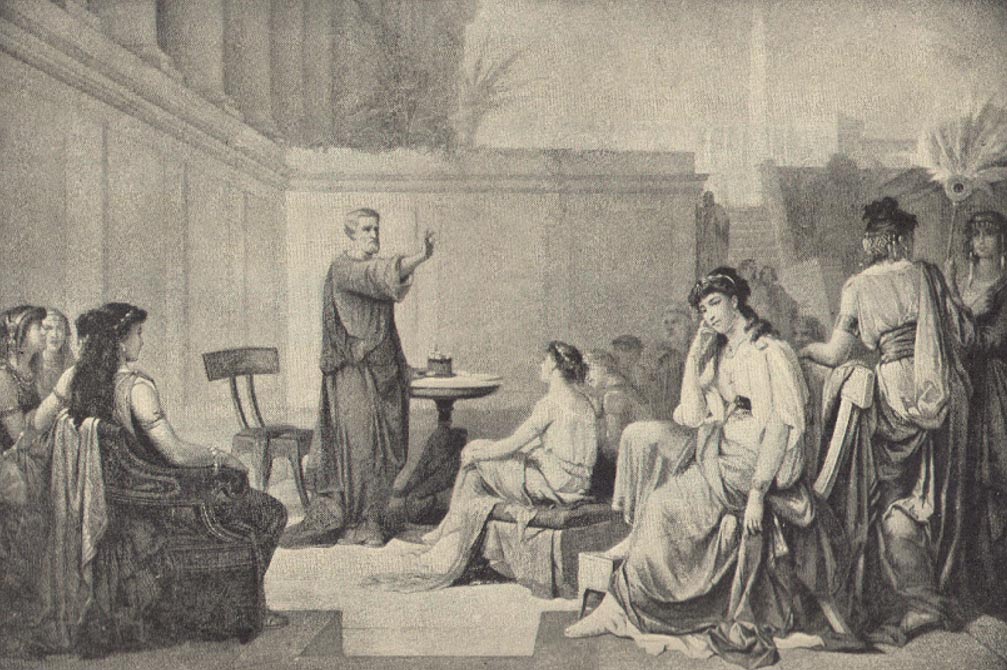
As stated earlier, when designing one’s own system of magic it is not a bad thing to borrow from those which have come before. In many ways it is ideal to pull elements from what has come before, for this can both create a form of shorthand between yourself and the reader as well as give an initial idea for the bounds of just what your characters can do with the magic of your world. In this case a great deal of the creativity of world building comes from your ability to decide just what elements you choose to use and just how much you choose to stretch or limit the bounds of the magic to create the feel you desire.
Moving on to the working example that I promised, my own primary world’s system of magic is certainly influenced by my decades of tabletop gaming but more than that it is largely a combination of both the real world categories I discussed above – invocation and mystery schools. In fact these two categories form the basis of the two main types of magic users within the world, with both being similar in that users must learn to draw upon the power of their own souls in order to join with and manipulate energies from larger sources in the performing of magic. However, that is merely an initial fuel or catalyst not the mechanism of magic itself.
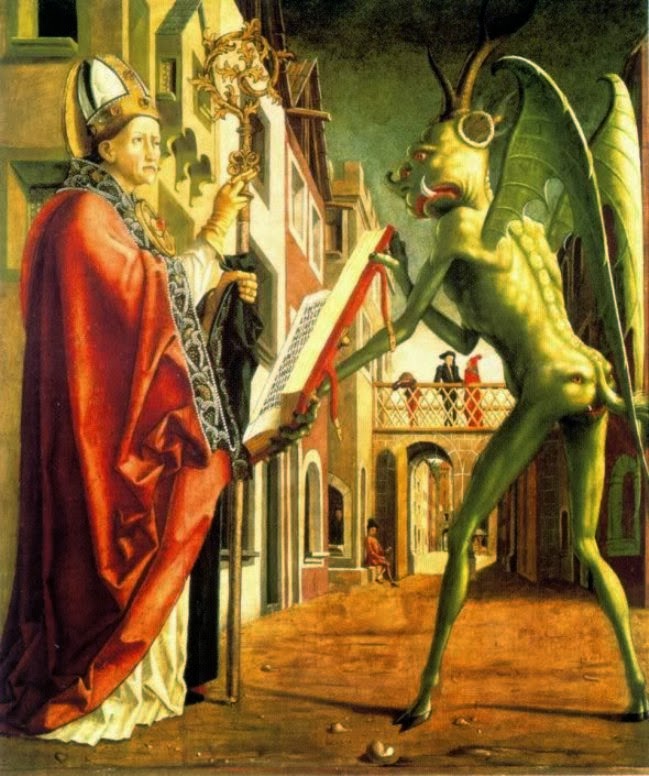
Among the priests, shamans, and other devout spiritual types which I tend to focus less attention on in my storytelling, the mechanism used is more closely related to invocation. These practitioners call upon gods or spirits respectively to focus and enhance the power provided by their souls in order to produce effects that are more under the control of the gods or spirits than the practitioners themselves.
To me the more interesting style of magic in my world has always been that of the magi, or magus in its singular form. The term for these users is pulled without modification from our own world, with one of the earliest uses of magi being as a reference to Zoroastrian priests, and it was chosen by me as an intentional linkage to mystery schools and dead faiths. Just as with the mystery schools these magi devote much of their time to trying to unravel just how the natural world works, though their reasons are different from those in our world as detailed below.
Instead of calling upon aid from supernatural beings, a magus most typically uses the web of magical energy which crisscrosses the natural world in order to enhance the power they expend from their soul. This magical web is itself inspired by what in our world is most commonly referred to as ley lines, though my own preference in terminology is that once used by the Druids – the dragon lines.
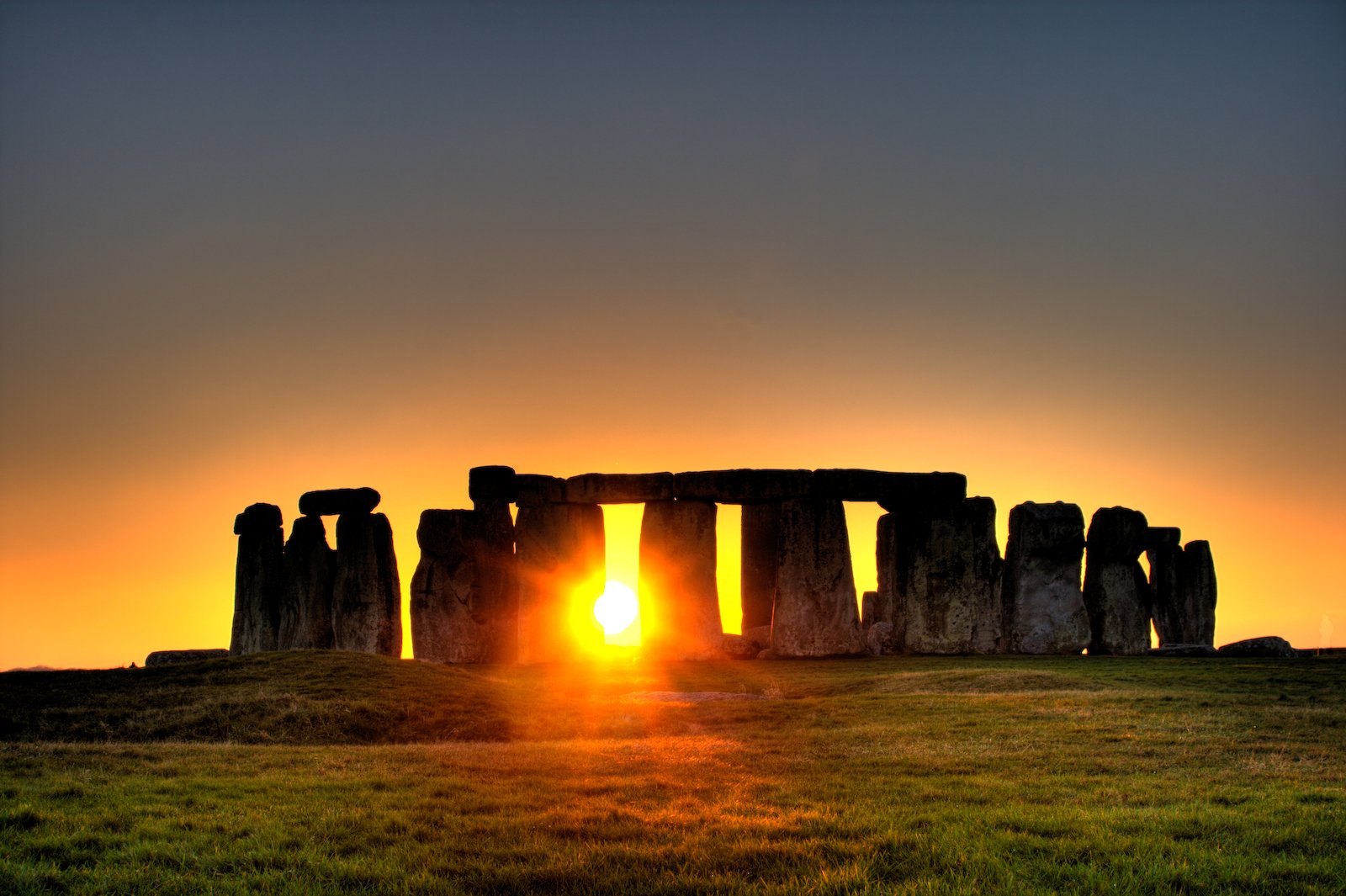
Using this combined energy the magi are able to bend, and sometimes even break, the rules of the natural world. However, in order to manipulate a law of nature one must first have at least a vague idea about just what that law is. It is for this reason that the magi of my world devote much of their attention to the study of the natural world. This also results in magi of a race as short lived as we humans rarely focusing on more than one particular aspect of nature and magic such as fluid dynamics for hydromancers. The longer lived races such as the elves and a subrace of dwarves known as Ansvari have more time to study multiple fields and thus tend to be more versatile in their use of magic.
While knowledge would seem to be the chief factor in limiting one’s magical ability, there is a more brute force method available to magi, though they rarely use it. By exerting more energy towards an effect, the magus can produce the desired result even with a lack of knowledge about the law of nature at play. This greater expenditure of energy can be accomplished by drawing upon more of the energy from the world’s magical web, but this is only possible when directly on a powerful ley line or intersection of lines. The other method is to pour more power from one’s soul into the working, but most magi consider such an act to be an act of foolishness and desperation because a soul too weakened will depart the body and leave the magus in question very much dead.
So with these three elements – knowledge of the applicable laws of nature, the energy of the land or one’s patron god/spirit, and the power of one’s soul – we arrive at the compounded limiting factors to my world’s magic system. Combined with the other elements discussed above and a few more I avoided for the sake of time, these form a complete magical system which can be looked at to answer many questions which arise about the world even when the question is not directly about magic. One such question which should always be considered when creating a typical fantasy world is this: why has the world not moved beyond a roughly medieval to early renaissance level of technology?
Obviously there are two simple answers which make the question unnecessary. One is that the level of technology has in fact moved beyond, though if magic exists this raises the question of how the two interact – do they mesh, clash, or some combination of these possibilities? The other simple answer is that not enough time has passed in your world for the people to have developed higher levels of technology, and if this is the case no other question in this line is needed.
For other worlds such as my own in which more than enough time has passed for the development of more advanced technologies the question remains. Every creator will have to answer in their own way, but for me it is a bit multi-leveled and varied by region. To keep it simple though, I will focus on the vast majority of the world while ignoring a few of the more complicated regions. Aside from periodic cataclysms and societal collapses, the main reason for a lack of technological development in my world is mostly due to the magi.
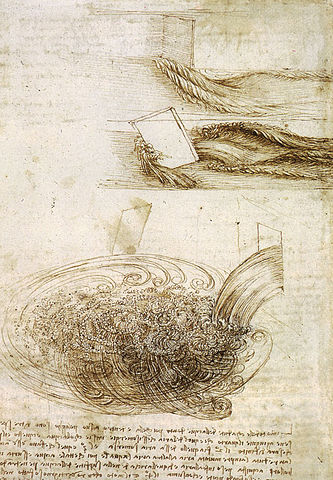
In a world where the most devoted inquiries into the laws of nature are performed by ‘scientists'(the magi) who can manipulate said laws directly with the power of their soul with no need of machinery, there is little motivation for a magus to develop technology usable widely by anyone. Any magus doing so would also make their own power less important and decrease the stability of their station as a result. Even though there is no grand unified group of all magi, those magi who do exist in the world are learned enough to realize the ramifications of this and to also know that indifference is a self defeating attitude to have. As such they almost always align themselves with some governing power, and these powers are certain to maximize the benefit of having allied magi.
The world’s more benevolent powers will most often employ these magi towards the betterment of their people, for example in the creation of water systems similar to our own crafted via enchantment rather than technology. With a population satisfied by the wonders that their magi craft, the motivation to develop new technologies is significantly lessened and progress slows nearly to a standstill.
On the other hand the world’s greedier powers will guard their magi as tools to be used by the elite, bettering only their lives while often oppressing the people. The population is very motivated to develop new technologies, especially those which may give them a tool to overthrow the lords and their magi. Unfortunately the lords and magi in question are usually quick to destroy any such attempts and execute those involved, and hiding from a magus is much easier said than done.
The full answer is quite a bit more complicated than that which I’ve given, but as I only set out to provide a rough example I will leave it at that. Besides, the way I see it complicated answers are best provided in the form of stories not articles.
Hopefully what I have shared will spark your own thoughts on the topic, whether you are creating your own worlds or enjoying the worlds of others. I also hope that you’ll be willing to share any thoughts with me; I do love a good discussion.
***

Thomas J. Arnold is the author of “Exile, Magus”, “Exile, Hunted”, and a contributing author to the upcoming anthology “Too Many Controllers”. He has long been in agreement with Thoreau’s huckleberrying view on education and has thus been largely self taught. This has caused him to become little more than a collection of random information who now resides in Appalachia and devotes his creative energy to crafting new works in his two lifelong loves – fiction and tabletop games.


Pingback: Thomas J. Arnold – On Magic: Theorem, Practice, and Use – Thomas J. Arnold